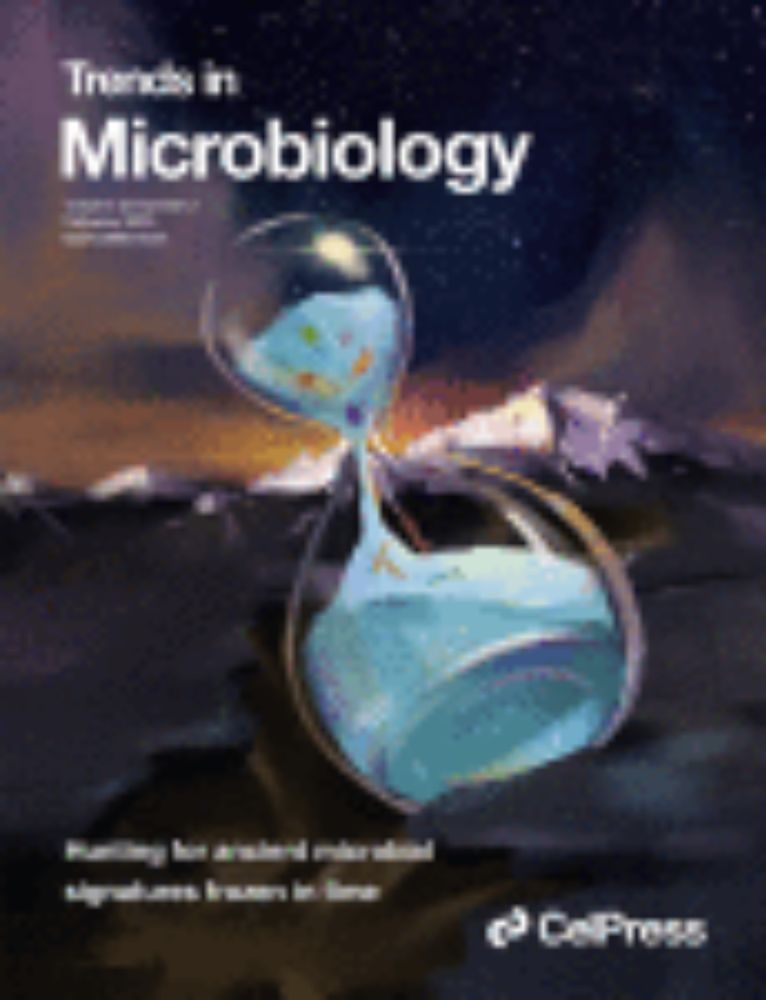Hannah Landecker
@hannahlandecker.bsky.social
160 followers
150 following
14 posts
Historian and social scientist of the life sciences.
Posts
Media
Videos
Starter Packs
Reposted by Hannah Landecker
Reposted by Hannah Landecker
Reposted by Hannah Landecker
Reposted by Hannah Landecker
Reposted by Hannah Landecker
Sven Opitz
@svop.bsky.social
· May 23
Ecologies of Disease Control - University of Pittsburgh Press
|9780822948483|Spaces of Health Security in Historical Perspective|Ecologies of Disease Control explores the relationship between ecological conceptions of epidemics and forms of infectious disease co...
upittpress.org
Reposted by Hannah Landecker
Reposted by Hannah Landecker
Reposted by Hannah Landecker
Reposted by Hannah Landecker
Sven Opitz
@svop.bsky.social
· Feb 25

Symbiotic engineering: insects, microbes, and the space of vector control - BioSocieties
This article analyses vector control methods that use microbes to fight diseases, such as dengue, Zika, or West-Nile, by infecting mosquitoes with an endosymbiotic bacterium, Wolbachia. These methods ...
link.springer.com


















